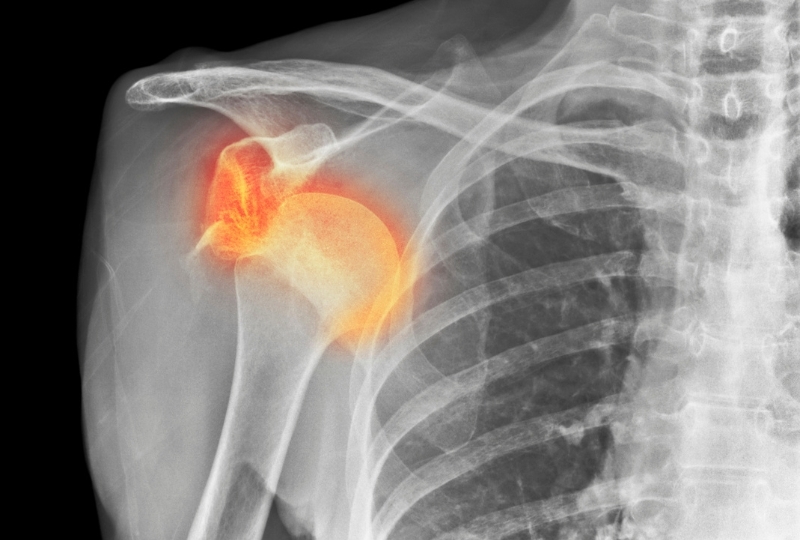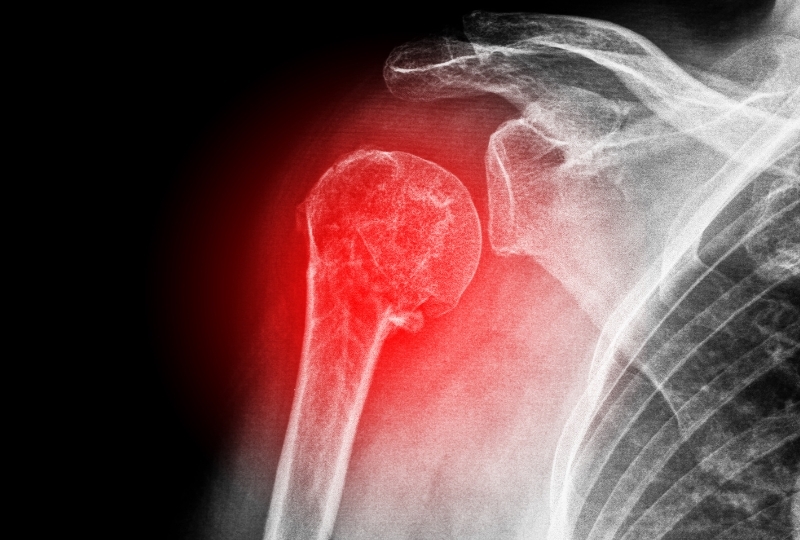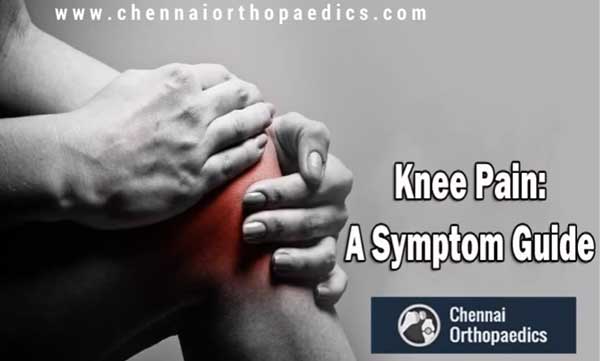Date :17-Jul-2025
Getting a shoulder dislocated may cause a lot of pain. You may worry whether it will pop out again.
The pain can result in sleepless nights. You may start having pain associated with doing little things like reaching for a glass, putting on a shirt, or opening the door.
When you have pain in the shoulders, it's normal to have questions like
- "Is it normal for this much pain to last this long?"
- "Why is my arm still weak?"
- "Will it ever feel stable again?"
They are all very valid concerns, and knowing when the pain is part of the healing as opposed to when it's actually a warning sign makes all the difference.

What Pain Is Normal After a Shoulder Dislocation?
Pain is most likely expected after a shoulder pops out because it stretches and strains the tissues around the joint, yet this pain usually has a pattern.
First Few Days
- Sharp pain immediately after the injury.
- It eases with gentle replacement of the shoulder.
- Soreness continues, and there may be swelling and stiffness in the following days.

1 to 3 Weeks
- Gradual reduction in the pain.
- Soreness during light movements.
- Ice and rest would help, together with gentle and guided exercises.
3 to 12 Weeks
- Normal discomfort- regaining motion and strength.
- The rehab starts slow, but you can expect steady progress.
- Week-by-week progress will be noted.
3 to 6 Months
- Pain continues to fade.
- Strength returns.
- It may take a while to recover full range of motion, especially if surgery is done.
When Pain Is Not Normal?
Pain that gets worse or doesn't go away after a few weeks deserves medical consultation. Watch out for:
- Sharp or stabbing pain with movement
- Tingling or numbness in your hand or fingers
- Weak grip or arm that feels "dead"
- Shoulder slipping or feeling unstable
- Pain without improvement after a few weeks
- Trouble sleeping or doing daily tasks due to pain
These symptoms may indicate a nerve injury, soft tissue damage, or a repeat dislocation.
What to Do When Pain Isn't Going Away?
Don't dismiss the pain in your shoulder. The earlier you consult with an expert, the better the success of the treatment will be. Whether you have a simple shoulder dislocation or something more serious requiring surgery, get expert care at Chennai Orthopaedics. With the right support, including medication, physiotherapy, or advanced treatments, you can regain your mobility and strength and improve your quality of life.















